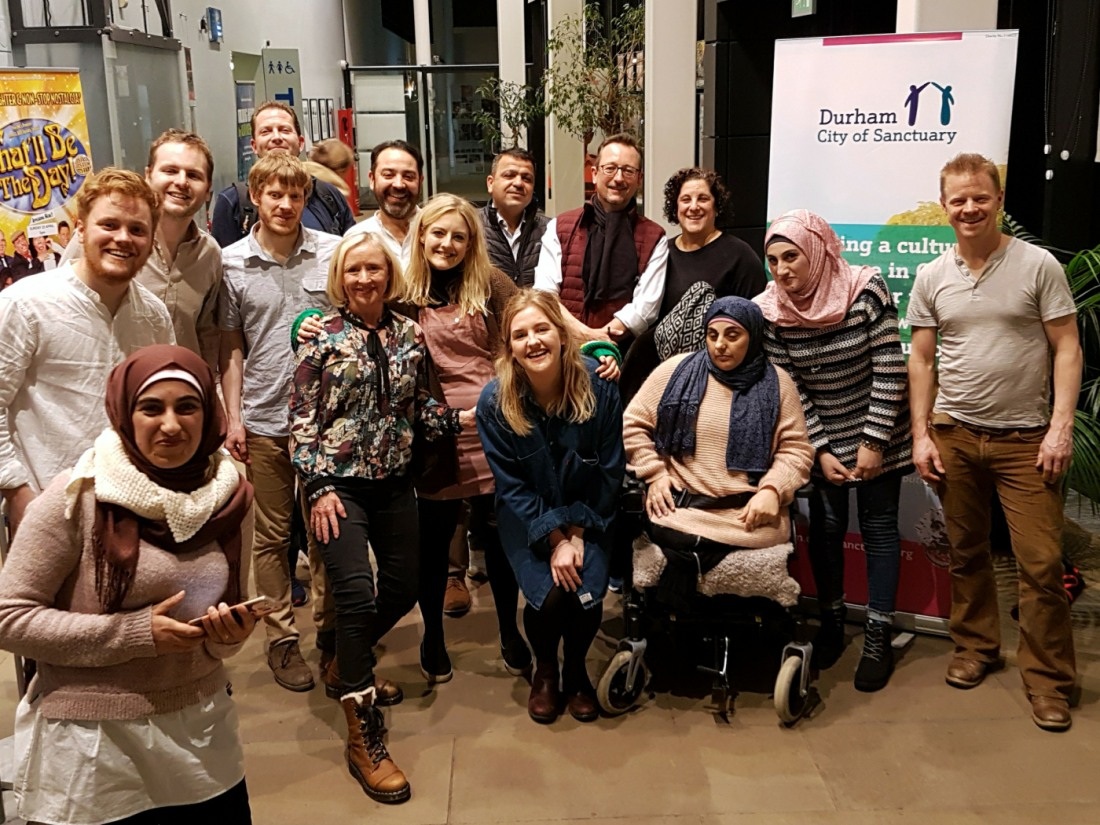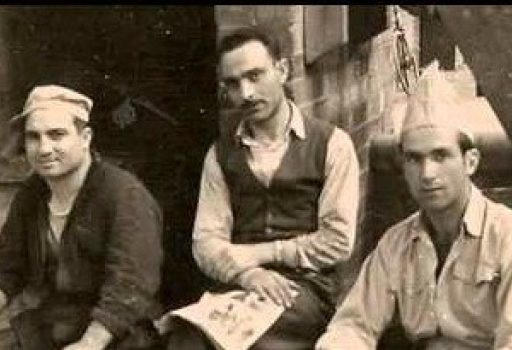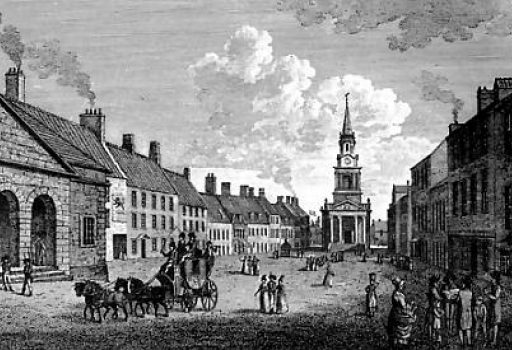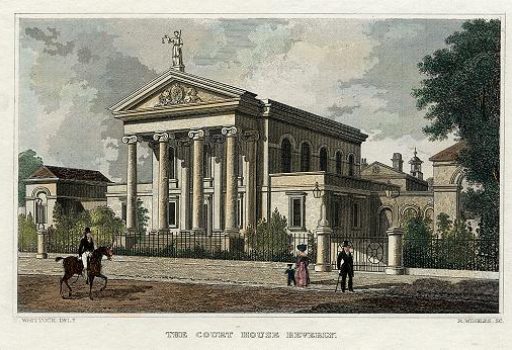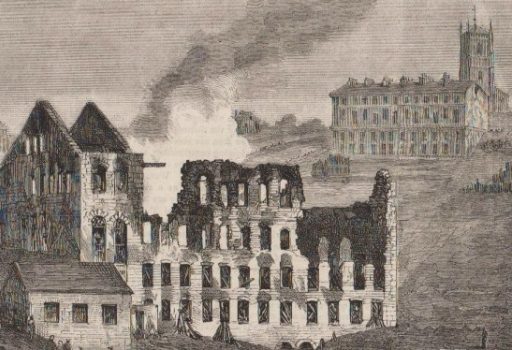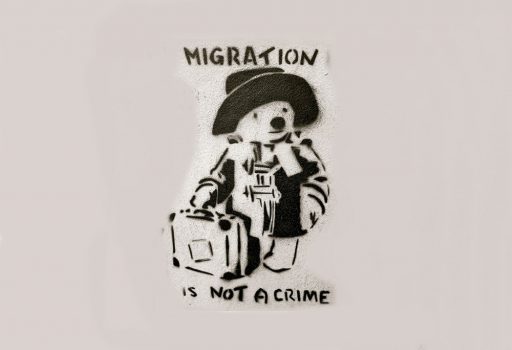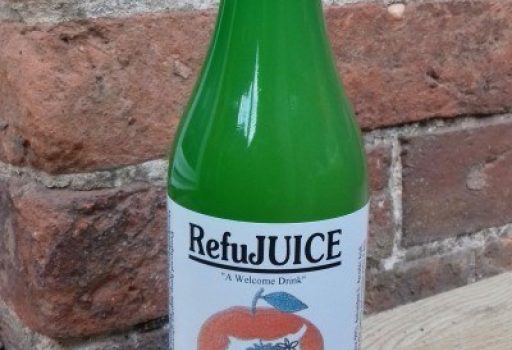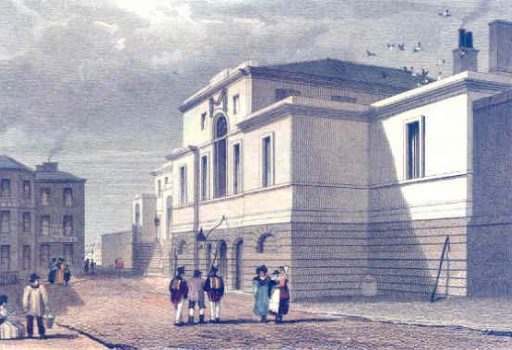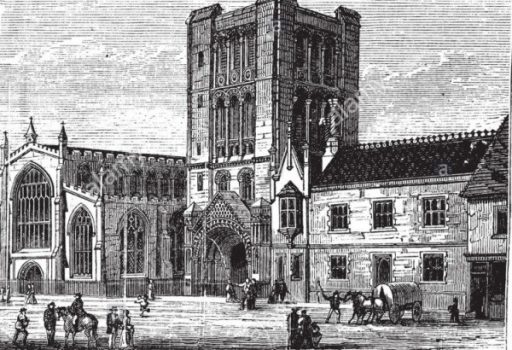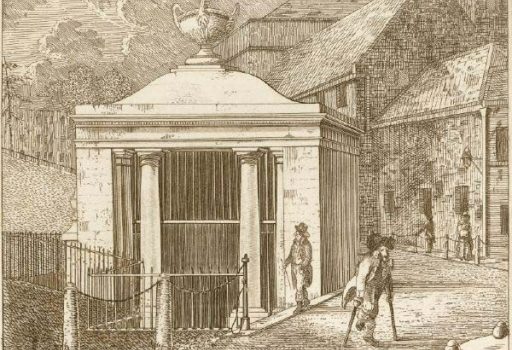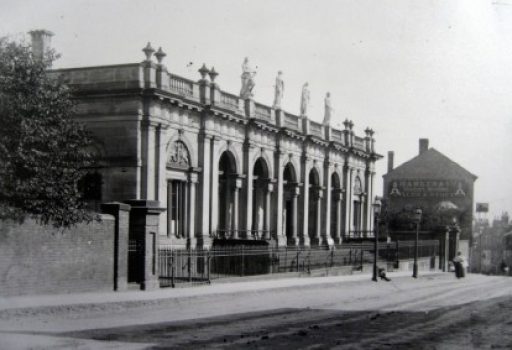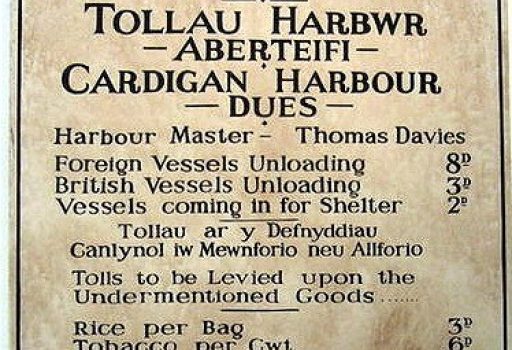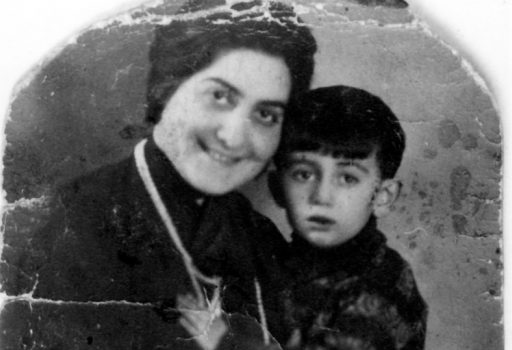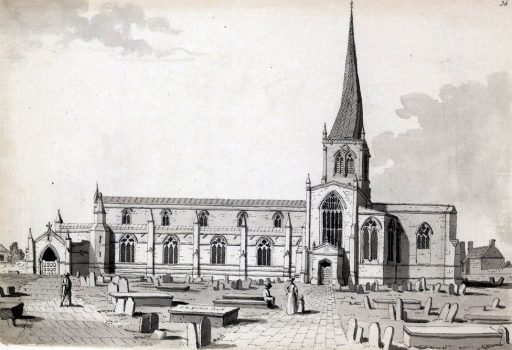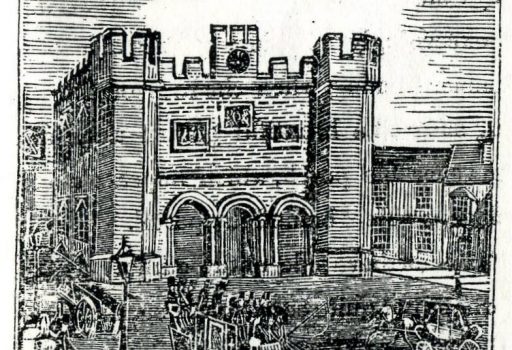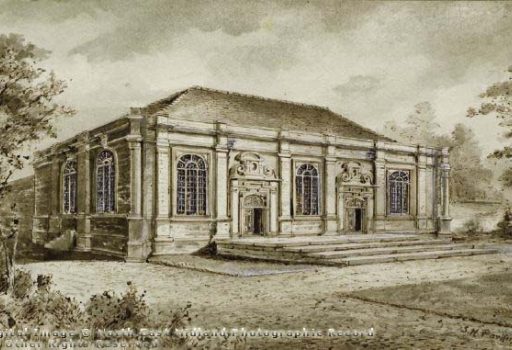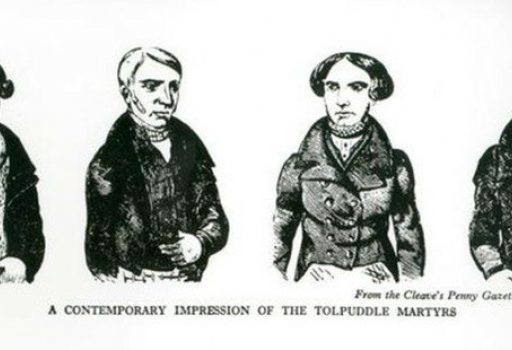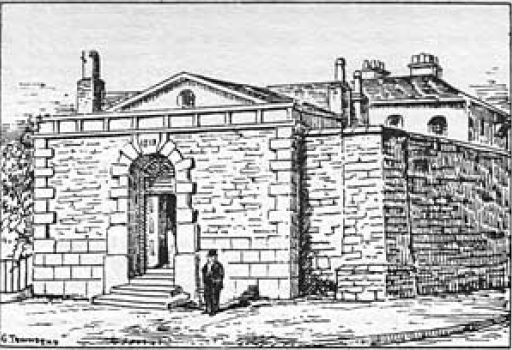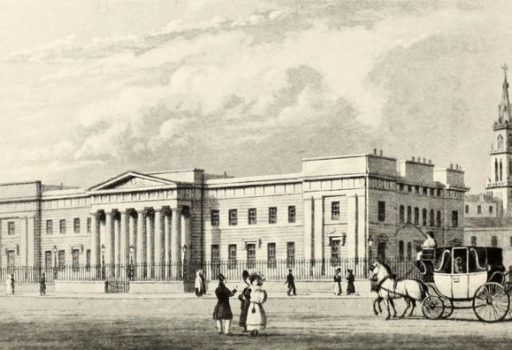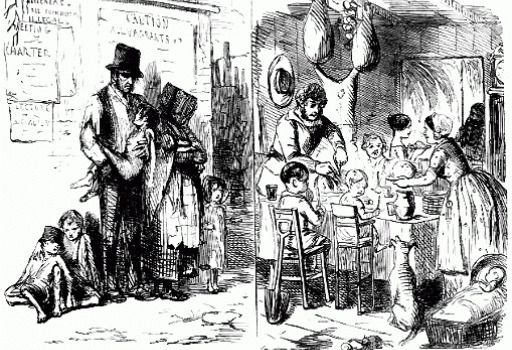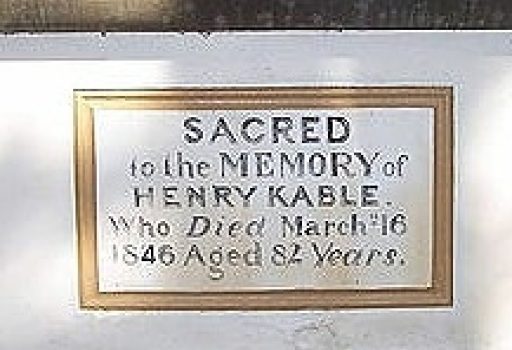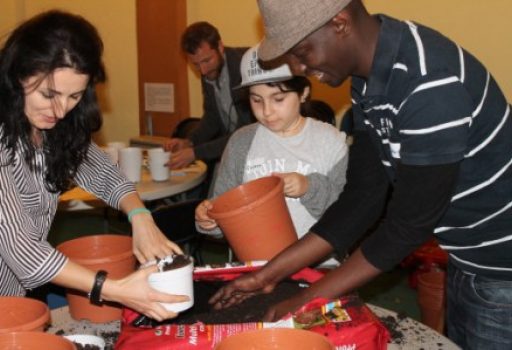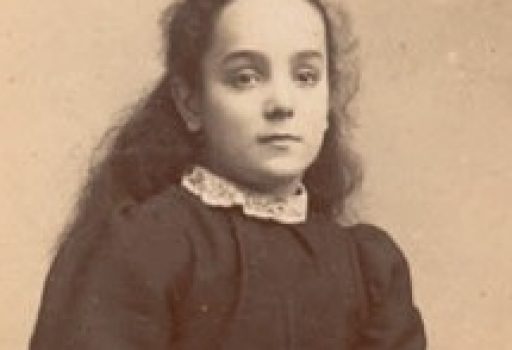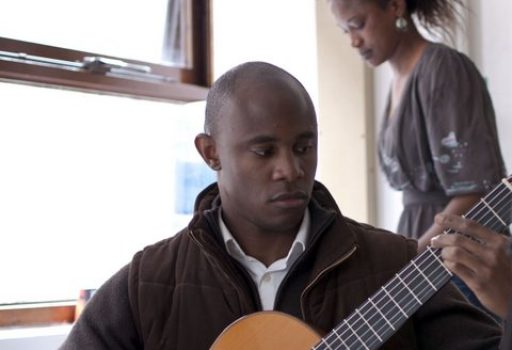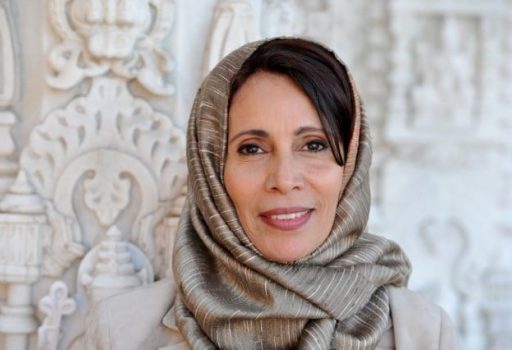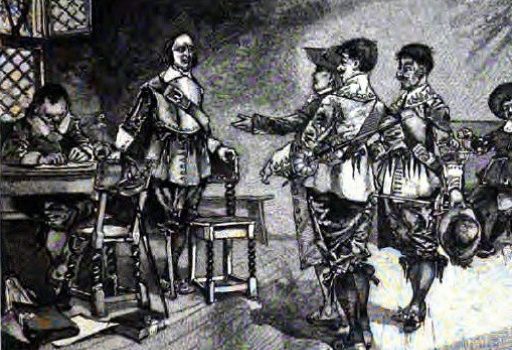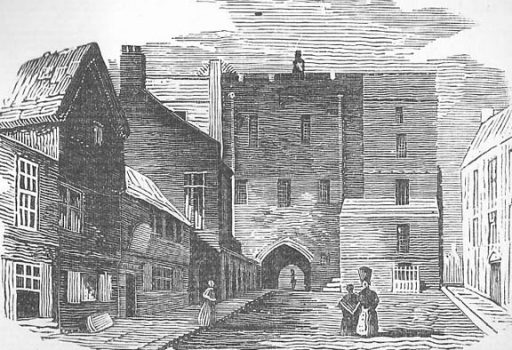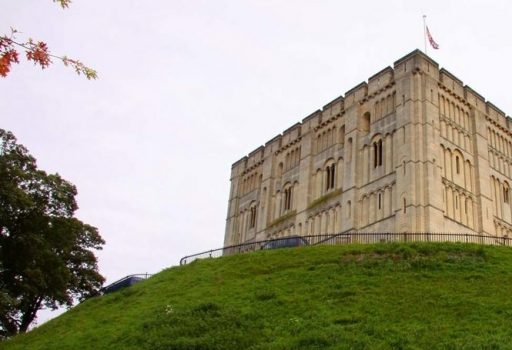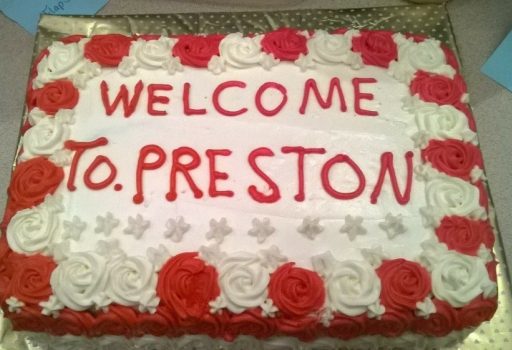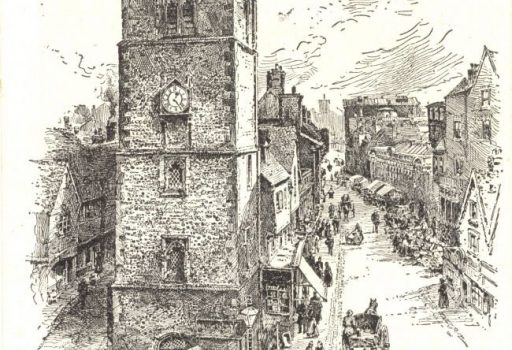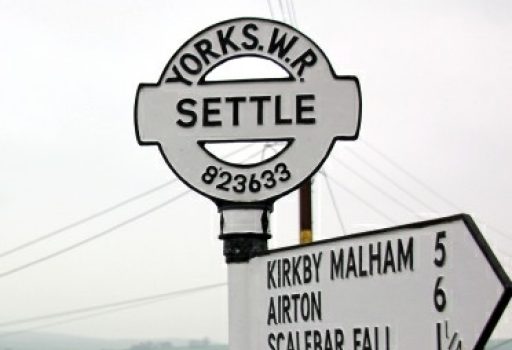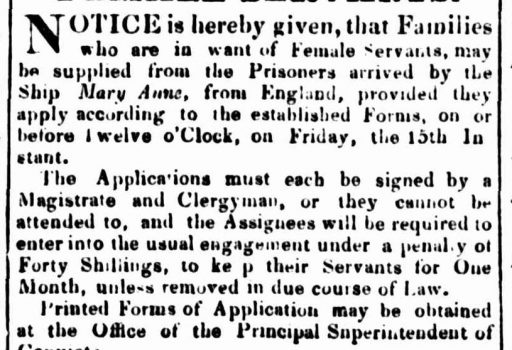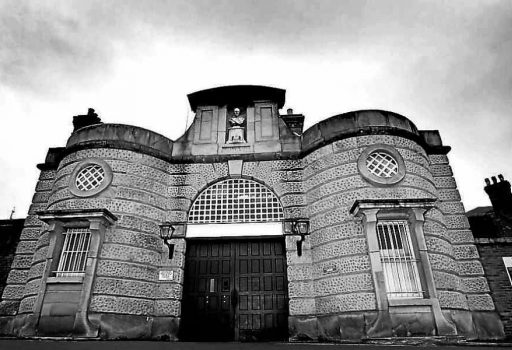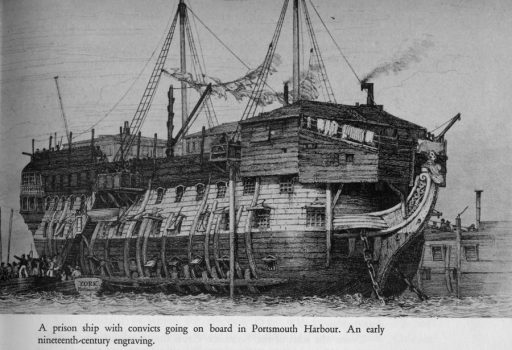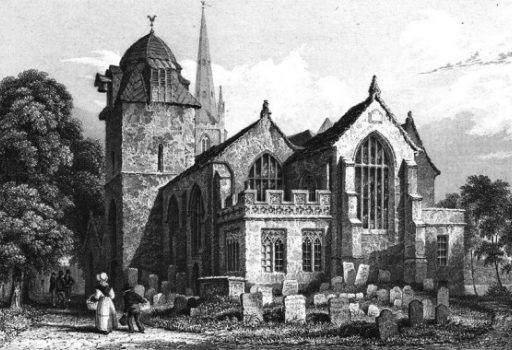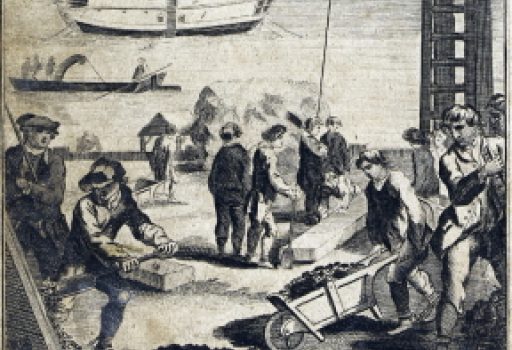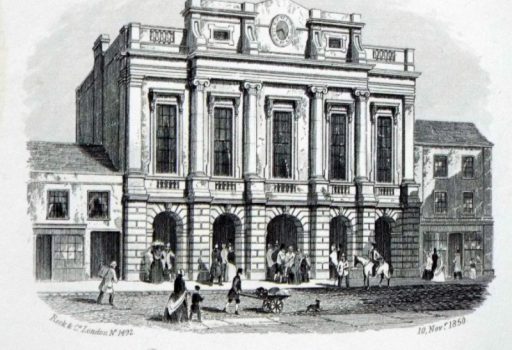Also on the First Fleet to New South Wales in 1787 were many people from Durham. Not because this was a particularly unlawful area. But because there was hardship here. People such as ANN COLPITTS who was caught stealing handkerchiefs from the shop of Alderman Chipchase in Durham. She was transported for seven years and settled down with a marine from the same ship she sailed in.
Or JOSEPH STUBBS, a young man from Durham who was transported on the third Fleet in 1791. These subsequent fleets were outsourced to private contractors, often ex-slavers, so conditions were far worse. One in ten convicts on his boat died.
Not all convicts were young. WILLIAM GATES was caught stealing chickens and transported for 14 years in 1832. He was 61 years old.
Today, some newspapers talk of seismic levels of migration, as if they had never happened before. Certainly there was a time when most people never saw more then ten miles from where they were born. But between then and now, there have been periods of far greater migration than today. Particularly in the 19th century. And particularly in County Durham.
In the forty years up to 1900, of all young men born in County Durham, 20% emigrated. That’s one in five. And one in ten young women left. Some went north to Scotland. But most went abroad. That’s an incredible statistic.
At the same time, there was massive immigration to work in the coal mines. Many Irish. But many from poorer southern counties drawn up to the north, especially Suffolk.
Which meant this was an area of great movement, and great diversity. The 1861 census showed one house in Chester Le Street to have lodgers from Leicester, Bermuda, Ireland, Cape of Good Hope, Buckinghamshire and Gloucestershire.
Behind the statistics lie the personal stories. A Syrian family who settled in Durham recently wrote a dispassionate account of their lives since 2011. Here are some extracts. I’ll disguise the names.
When the civil war began, the family lived in the city of Homs. Here they experienced heavy shelling and shooting, and shortages of food, water and electricity. The children lived in great fear, and became ill through scarcity of food and psychological stress. One lost an eye from a gunshot wound. Another was severely wounded by gunfire in the back and neck on his way home from work. The family decided to flee to Lebanon in March 2012.
After a few months one son dared go back to Homs to collect a university certificate. But he couldn’t return to Lebanon for fear of being forcibly enlisted into Assad’s forces. So he entered Turkey, where he stayed for 2½ years before making his way to Germany.
In 2016 most of the family were able to move to the UK under the UNHCR Resettlement Programme. All the family suffer from health problems, caused by the trauma of war in Syria, the conditions in which they now live and the separation from the rest of the family in Lebanon. One has been suffering from a nervous disorder ever since witnessing her brother being shot in Syria. Her husband has respiratory problems and low blood sugar levels. Her daughter suffers from incontinence after the terror of shelling and gunfire she experienced in Homs, and her son has a speech impediment from a shell that exploded next to their house. Those stuck in Lebanon suffer greatly from their separation from their family in England.
We have two partners in Durham. Durham for Refugees is a group of students at Durham University who work to raise funds and awareness to aid those affected by the global refugee crisis. Durham City of Sanctuary is part of the nationwide City of Sanctuary movement. It works to build opportunities for introductions and friendship between sanctuary seekers and local people, helping new arrivals to integrate into the local community. Here's a picture from Durham for Refugees' Taste of Syria Night in November 2017.
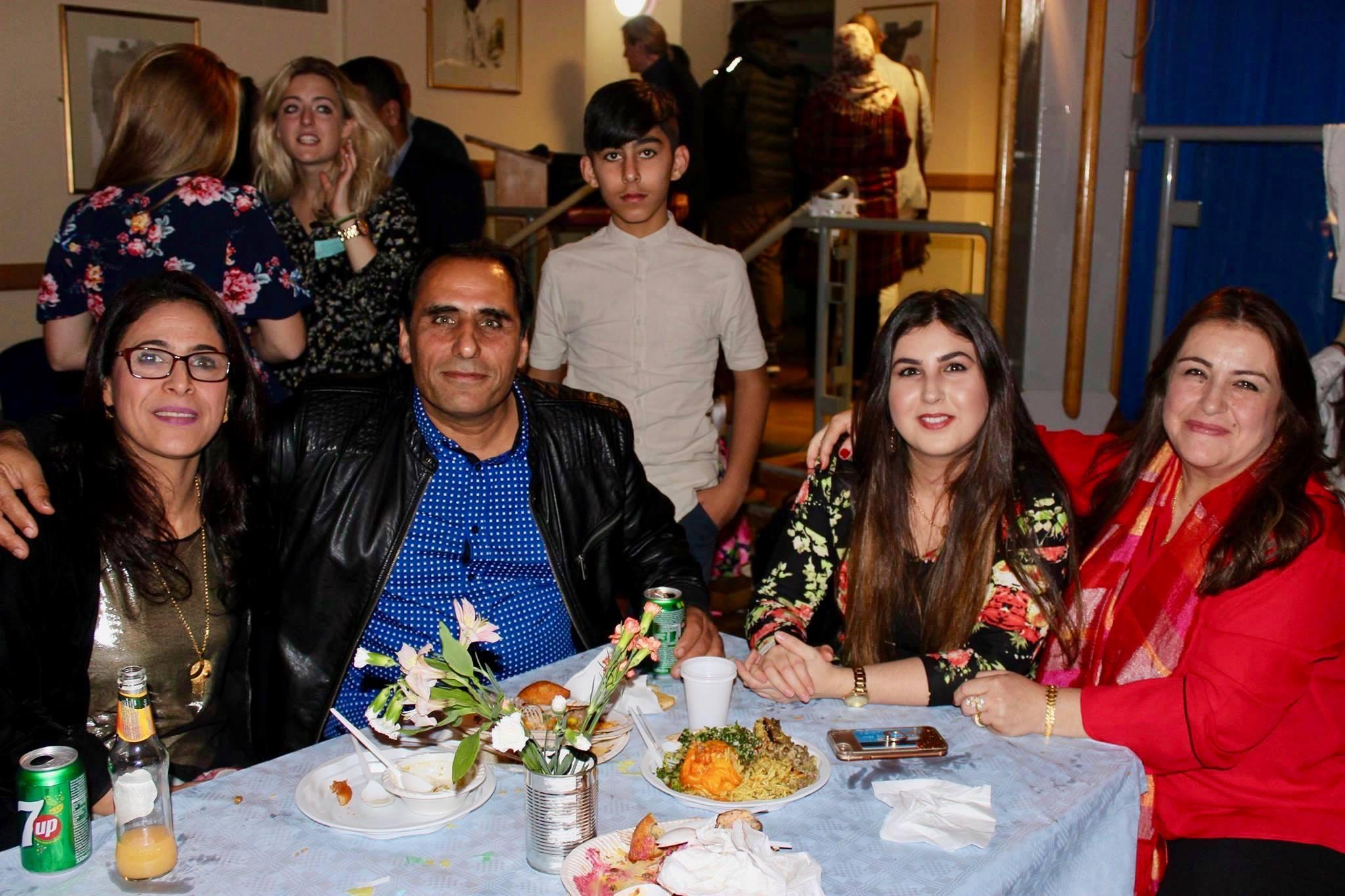
Durham City of Sanctuary have shared with us a remarkable story written by Hasna Al Hassoun.
Saturday 31st March 2012
When we were on the road came a shell from the military airport killed my family lost my legs. Then started my story.
I did not choose to be a refugee but the asylum chose me.
A sad story began five years and six months ago.
I lost everything in the same day.
But I have not lost my faith and hope in God.
From the first moment I said thanks to God
I know that is a hard thing because it is burning my soul but I think our life is a test.
My husband and my children are in heaven now with God.
There is neither cold nor pains.
God was with me at every moment I was living and did not leave me alone.
I live in pain. Life is not complete.
But we make happiness for ourselves.
Yes I was shocked, but I was patient and overcome many difficulties thanks to God.
I cannot describe my feelings at that moment.
I do not wish anyone to live what I have lived.
So now I feel my legs with me and my children live in my heart and my spirit.
But I felt sad. Can I change anything?
I want joy to be my way my friend.
I hope the war will end soon.
Enough killing, enough pain.
Every minute the children die in my country.
Please do something for those innocents.
Hasna Al Hassoun
After our concert in Durham, the cast met up with our two partners - Durham City of Sanctuary and Durham for Refugees - and some special guests, including Hasna Al Hassoun.
